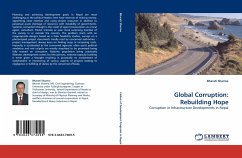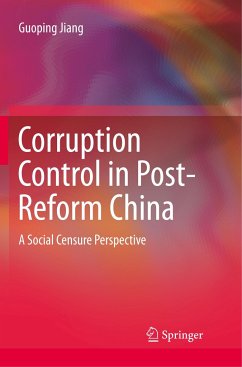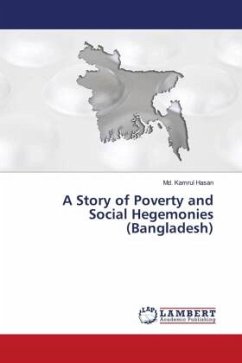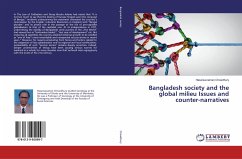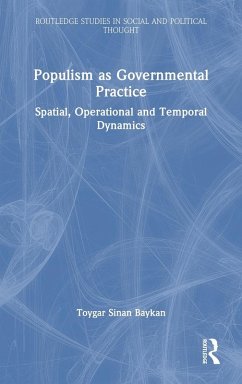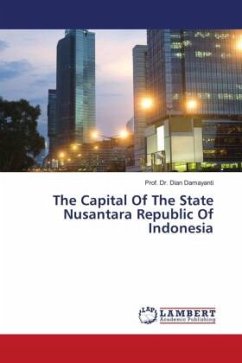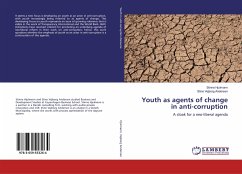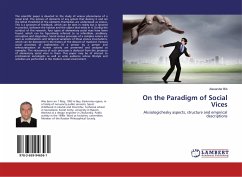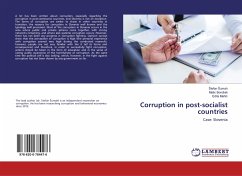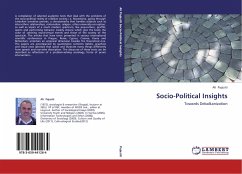
Corruption: An art in Bangladesh
Versandkostenfrei!
Versandfertig in 6-10 Tagen
29,99 €
inkl. MwSt.

PAYBACK Punkte
15 °P sammeln!
In 1971, Bangladesh officially became an independent nation. However, due to corruption, the people of Bangladesh still cannot fully enjoy freedom, the rule of law, or liberal democracy. A small number of corrupt individuals have made equality, equity, and independence a myth for the ordinary people, jeopardizing our institutions. A question may arise: how do they rule over 173 million people? Those corrupt individuals are extremely united; in other words, they create many 'Unity-web' or 'Unity-traps.' There are many countries in the world with shallow levels of corruption. However, our bureau...
In 1971, Bangladesh officially became an independent nation. However, due to corruption, the people of Bangladesh still cannot fully enjoy freedom, the rule of law, or liberal democracy. A small number of corrupt individuals have made equality, equity, and independence a myth for the ordinary people, jeopardizing our institutions. A question may arise: how do they rule over 173 million people? Those corrupt individuals are extremely united; in other words, they create many 'Unity-web' or 'Unity-traps.' There are many countries in the world with shallow levels of corruption. However, our bureaucrats and politicians seem unwilling to adopt those models to safeguard their unfair interests. They exploit the trust of the ordinary people. Some may argue that the number of wealthy individuals is currently increasing. If the number of rich people in society increases, it also indicates an increase in the number of poor people, since our economic resources are finite.Here, I want to quote: "People do not migrate from Bangladesh permanently for the sake of poverty; especially, people migrate for the lack of social security, freedom, and liberal democracy."





